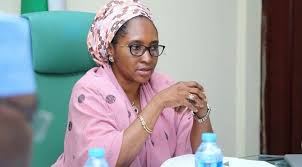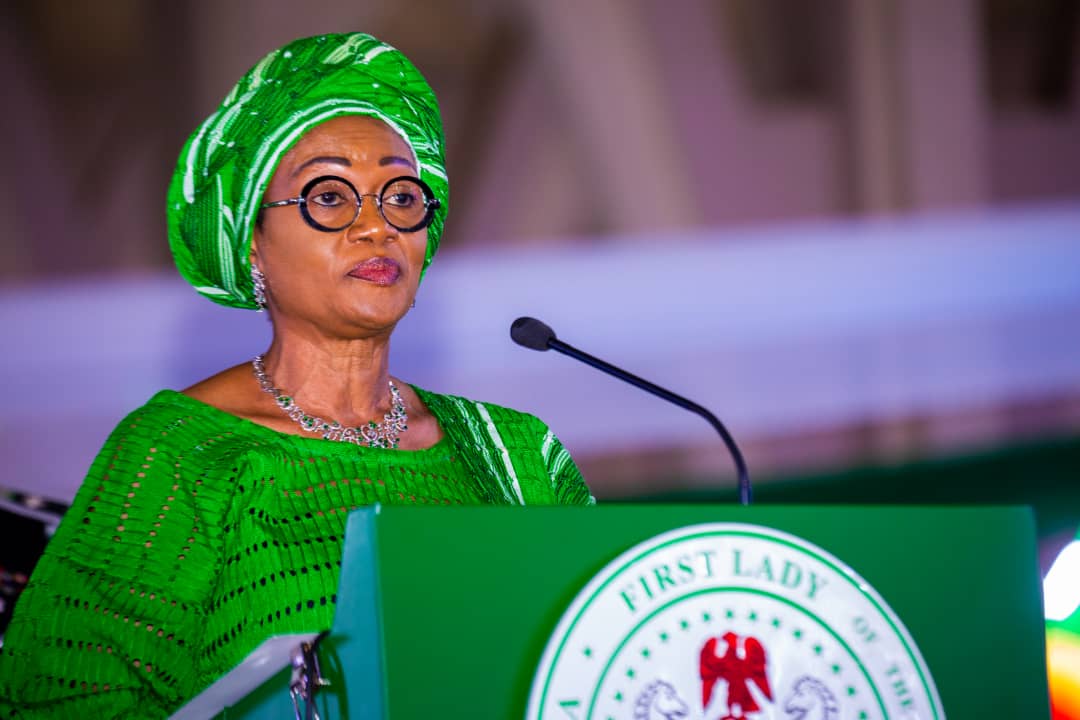***Insists, demands are legitimate, bemoans death of 20 Nigerians
President Bola Ahmed Tinubu must as a matter of urgency map out strategies aimed at addressing the legitimate concerns of protesting Nigerians, the senator representing the Federal Capital Territory, lreti Kingibe, has advised
After holding the entire nation to ransom for ten days when they took to the streets against bad governance, bringing to a halt all government and business activities, the youths have spoken in clear language the senate indicated
Senator Kingibe gave the advice in a statement she personally signed on Sunday and was made available to newsmen in Abuja extended her “heartfelt condolences to those who have lost loved ones during these demonstrations.”
She observed that over 20 innocent Nigerians were killed during the protests when security agencies shot at protesters and onlookers including children during the procession.
According to the statement, Journalists also suffered various injuries with their vehicles riddled with bullets while some were arrested and taken to undisclosed locations.
While consoling with the “families affected by this tragedy” and wishing “a quick and full recovery to those who have been injured,” the senator noted that “the loss of life and suffering are deeply saddening, and it is crucial that we acknowledge and address these painful realities.”
She also expressed deep concerns about the excessive use of force by the police and other security agencies against peaceful protesters.”
Such actions, she said, are counterproductive and do not contribute to resolving the issues at hand.
She emphasized that “it is expedient and instructive for the federal government to adopt a more empathetic and dialogue-driven approach to sensitive matters.”
The demands of the protesters, the senator noted, including a call for a corruption-free fuel subsidy and improved leadership, among others, are both urgent and important.
“These demands reflect the widespread frustration felt by many Nigerians, including myself,” she stated.
She stressed that “it is essential for President Bola Tinubu and the federal government to engage meaningfully with representatives of the protesters, civil society organizations, and other stakeholders to address these concerns.
“We must remember that it is the people who put us in office, and it is our duty as public servants to listen and act on their concerns. “The voice of the people is indeed the voice of God, and their demands needs serious consideration.” She added
The FCT senator assured the residents of the Federal Capital Territory that she will remain a steadfast advocate for their needs and concerns in the Senate.
“I commend you for the peaceful manner in which you have conducted yourselves during these protests and thank you for your resilience and civility.
“Together, let us work towards solutions that
address the issues at hand and bring about the positive change we all seek,” senator Kingibe said.
Tinubu must urgently consider the demands of protesters, says, Senator Kingibe




